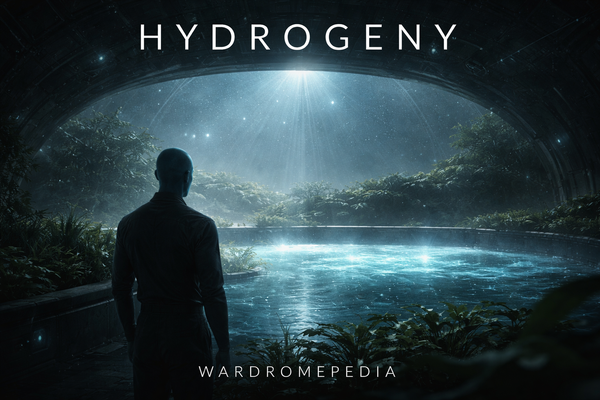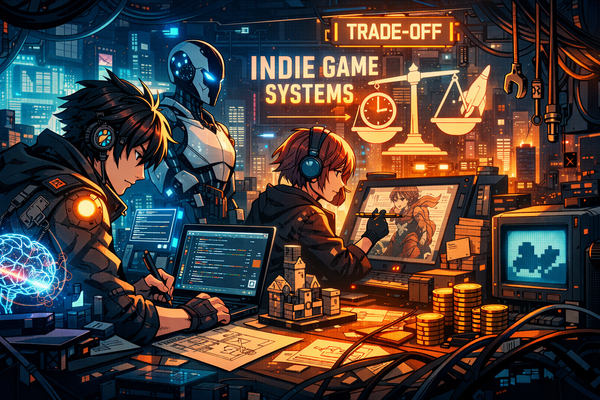Early access games: How to build community and improve your indie game through feedback
Early access has become an invaluable tool for indie developers, offering a way to fund projects, build a dedicated player base, and refine games based on real-time feedback. This development model allows players to get involved early, providing both financial support and gameplay insights. In this article, we explore the best practices for leveraging early access to build a community and improve your indie game.
1. The benefits of early access for indie developers
For indie developers, early access provides more than just a pre-release testing ground—it’s a gateway to sustainable development. Through early sales, developers can raise funds to continue improving their games. Minecraft is a prime example: by releasing an unfinished version in 2009, its developer accumulated over $30 million in early sales, allowing him to quit his day job and focus entirely on the game(Gamespublisher.com).
Beyond funding, early access allows developers to build a dedicated community early in the development cycle. Players who are passionate about a genre or game concept become deeply involved in the development process, offering valuable feedback and suggestions(GameDev PM).
2. Building a strong community during early access
One of the key goals during early access is to create a community of engaged players who are not only testers but also advocates. To do this, it’s essential to establish open communication channels, such as Discord servers, forums, and social media groups, where players can interact, share their experiences, and provide feedback(Sanlo). Regularly updating players with development progress, sneak peeks, and roadmaps helps maintain excitement and trust within the community.
Hosting community-driven events, like live Q&A sessions, beta testing weekends, or contests, encourages further engagement. The stronger the connection between the player base and the development team, the more likely players will stick with the game through its full release.
3. Managing and prioritizing player feedback
Early access is a unique opportunity to gather feedback from players in real-time. However, managing that feedback efficiently can be challenging. Developers should prioritize feedback based on its frequency and the impact on gameplay. Tools like Trello or project management software allow teams to track issues, implement fixes, and keep players informed.
Games like Subnautica set a strong example by integrating feedback systems directly into the game, allowing players to submit bug reports or suggestions while playing. This streamlined process ensures that player insights are captured and acted upon promptly.
4. Releasing regular updates and new features
Frequent updates are essential during early access. Whether it’s fixing bugs, balancing mechanics, or adding new features, developers must demonstrate their commitment to improving the game. Games that provide regular patches and content updates keep players engaged, showing that their feedback is being taken seriously.
It’s also important to communicate these updates clearly. Sharing patch notes, detailing what’s been fixed or added, and explaining why certain changes were made helps manage player expectations and builds transparency.
5. Transitioning from early access to full release
The move from early access to full release can be tricky. It’s crucial to polish the game by resolving major bugs, optimizing performance, and implementing promised features. Games like Don't Starve thrived by continuously refining their game based on community feedback, which resulted in a highly polished full release.
Developers should also plan a robust marketing strategy leading up to the full release. Releasing trailers, hosting live streams, and collaborating with influencers can help generate excitement among both existing players and new audiences.
Early access is a powerful tool for indie developers, allowing them to engage with their community and improve their game through feedback. By fostering a dedicated player base, managing feedback effectively, and releasing regular updates, developers can create a strong foundation for a successful full release. With the right strategies, early access can turn a good game into a great one.



